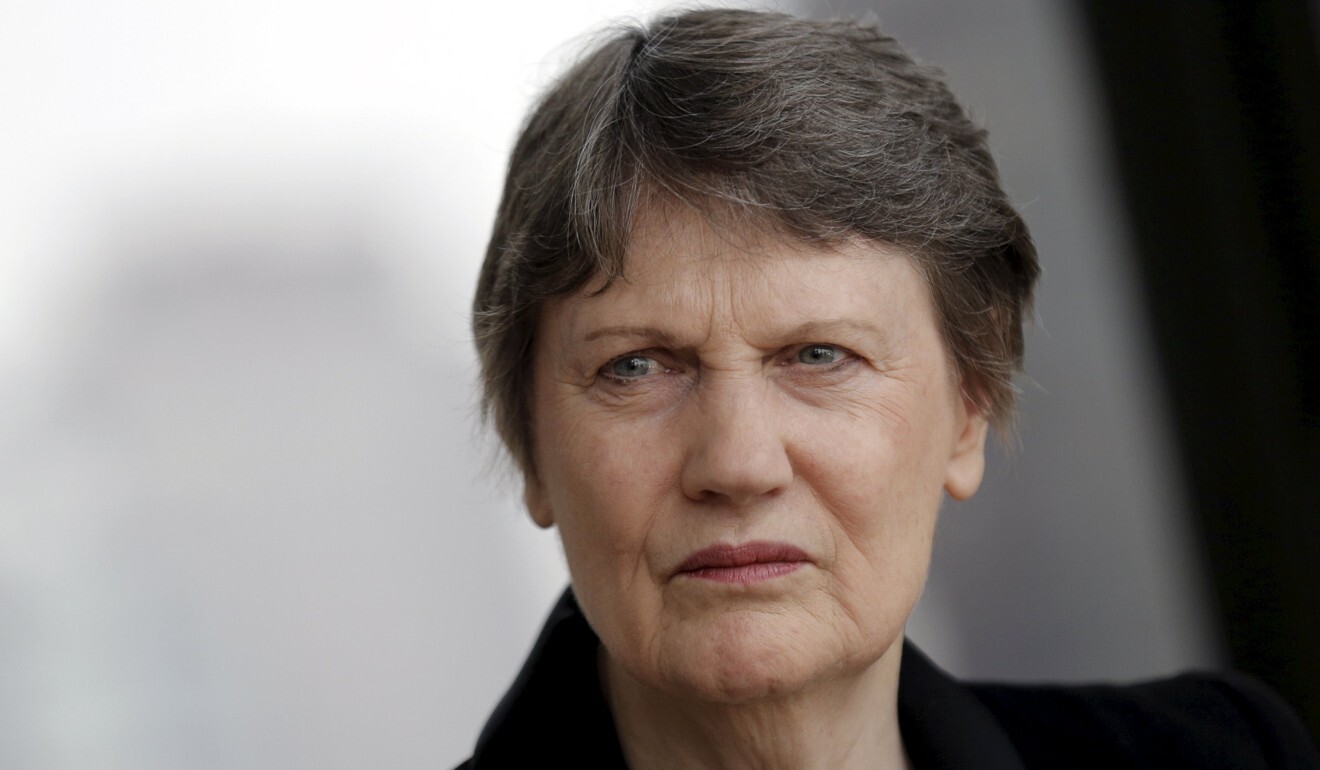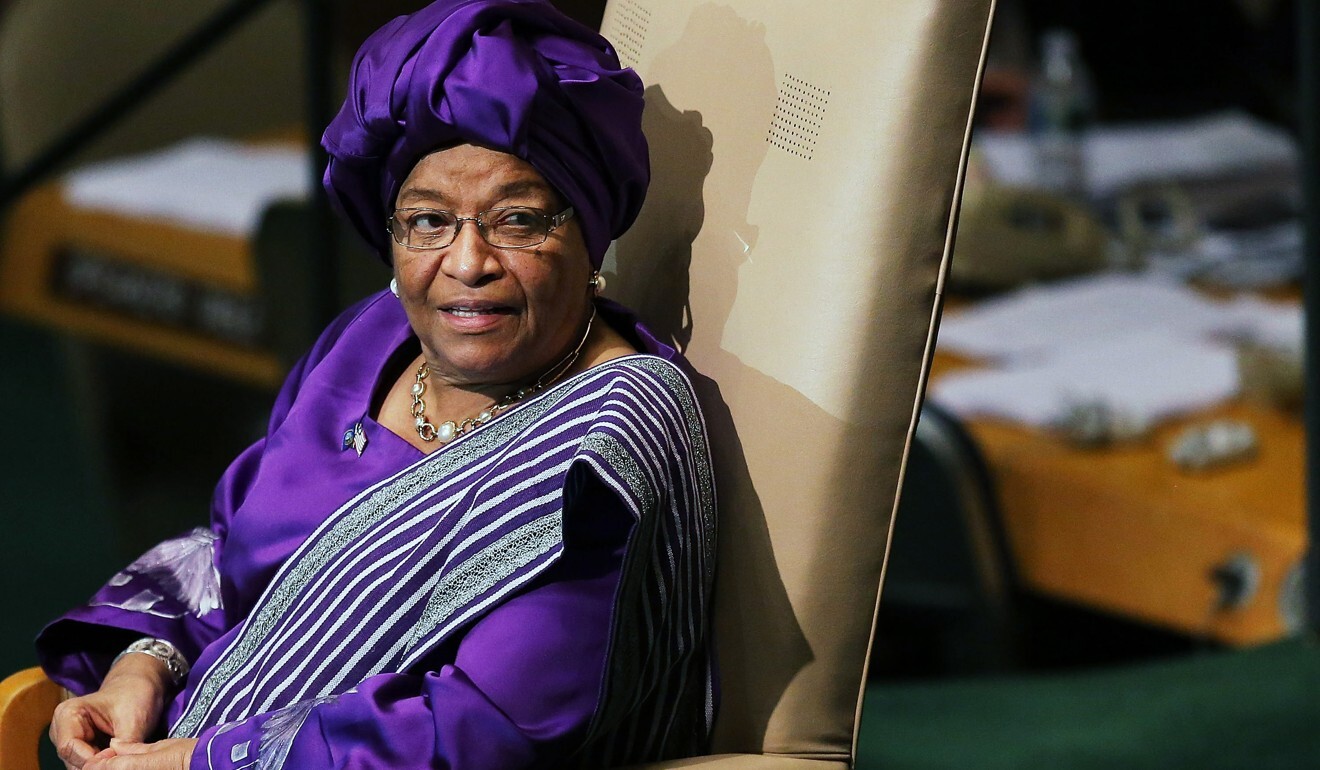
Coronavirus: former heads of pandemic review panel warn ‘the world is losing time’
- Six months after report on Covid-19 response, members of independent body evaluate progress on the reforms they called for
- They say it has not been ‘fast or cohesive enough to bring this pandemic to an end across the globe in the near term, or to prevent another’
“Waves of disease and death continue – as people in the northern hemisphere move indoors, fatigue with restrictions sets in, vaccine coverage and other countermeasures remain uneven, and people in the poorest countries have almost no access to vaccines,” wrote former New Zealand prime minister Helen Clark and former Liberian president Ellen Johnson Sirleaf in a report released on Monday.
“The world is losing time,” they said.

Since that time there has been progress, “but it is not fast or cohesive enough to bring this pandemic to an end across the globe in the near term, or to prevent another”, wrote Clark and Sirleaf, noting that at least 90 million more people have contracted Covid-19 and 1.65 million more deaths have been recorded in those six months.
The independent panel’s official mandate came to an end after it submitted its main report in May, but Clark and Sirleaf said their new report – which included contributions from the 11 former panellists – evaluated the progress on the reforms they called for.
Covid-19 lessons not being learned, says global body that predicted pandemic
Those included giving more funding and power to the WHO, creating a permanent financing mechanism for pandemic preparedness and response capacities, forming a high-level Global Health Threats Council made up of heads of state, and enacting a pandemic treaty.
“We are encouraged to see some movement to address the major gaps exposed in global pandemic preparedness and response. Conversations are happening in many of the right places,” Clark said in a statement ahead of the report launch. “The world now needs these conversations to come together – especially at the UN General Assembly, where heads of state and government can declare their commitments and a pathway to a more secure world.”

But the co-chairs also warned about foot-dragging on the international stage when it came to reforms including creating a pandemic treaty.
“We urge member states to spend less time debating commas in committees while a pandemic still rages, people are dying, and a new pandemic threat could arise any time and anywhere,” Clark said.
Vaccine access inequity was another critical issue outlined in the latest evaluation, with the panel calculating that there were at least 1 billion doses available to redistribute to low-income countries by September this year.
There had been progress in terms of the pledged vaccine donations through 2022 and the announcements of new mRNA vaccine production hubs in Latin America and on the African continent, but more needed to be done, especially in terms of creating better systems for vaccine development, production and distribution, they said.
“The idea that a poor health worker is unprotected while the healthy and wealthy receive booster doses should present a deep moral quandary. To this there is only one solution – vaccine equity,” Sirleaf said.
But widespread vaccine coverage alone cannot end the pandemic, wrote the experts, instead calling for ongoing public health measures and the cooperation of global leaders at the United Nations and the upcoming World Health Assembly.
“There is no single magic bullet to end pandemics, but there is a combination of measures that will,” they wrote. “It’s time now to make change happen.”

